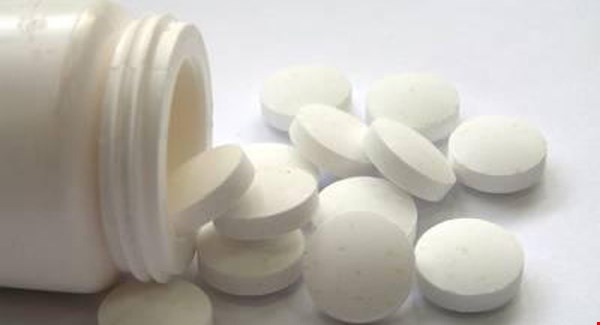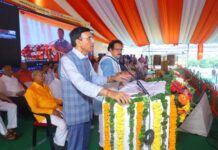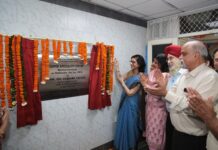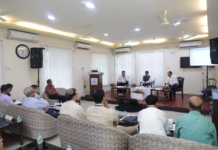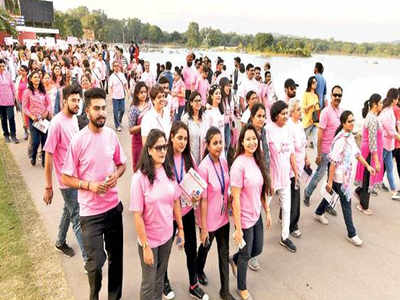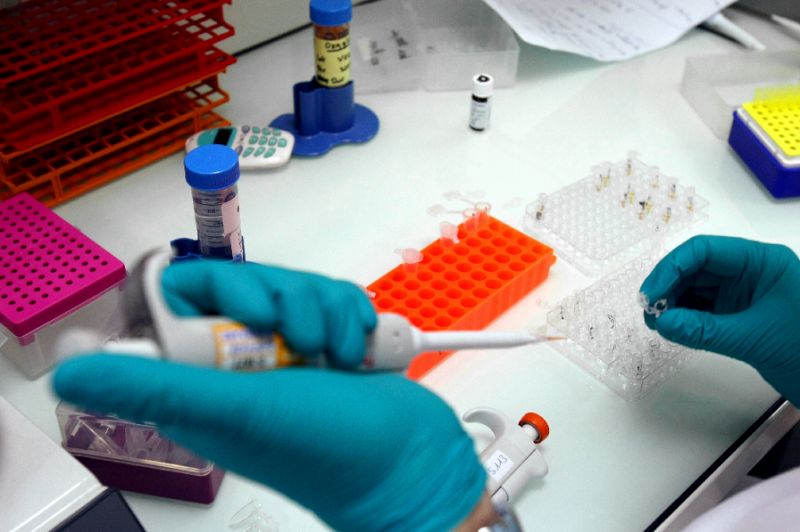Thiruvananthapuram|HL
Adverse drug reaction monitoring centres (ADRMC) will be set up at government hospitals across the state soon for maintaining safe and rational use of medicines
This is part of collecting and evaluating spontaneous reports of adverse reactions to medicines, vaccines, medical devises and herbal products from all health care professionals, customers and patients under the Pharmacovigilance Programme of India (PVPI) by Union ministry of health and family welfare.
A toll free number, 1800 180 3024, for such cases has also been set up by the Centre.
“The centres will be responsible for collecting individual safety reports in suspected cases of adverse drug reaction. The data will be utilised by Central Drug Standard Control Organisation for implementing required changes,’’ said a senior health department official. The main aim behind the programme is to improve patient safety and welfare of people through proper monitoring, thereby reducing the risk associated with the use of medicines,’’ said the health official.
The Centre has directed all health professionals to report suspected cases to nearest ADRMC centre or directly to the national coordination centre at PVPI.
The state health department has appointed professor and head of the department of pharmacology, government medical college, Thiruvananthapuram as state coordinator of ADRMC.
Every government hospital will have a nodal officer who will report adverse reaction cases to the state coordinator. Doctors, nurses and pharmacists concerned shall inform the nodal officer. Also, adverse drug reaction reporting form can be obtained from hospitals, in which detailed explanation on the kind of reaction should be given in writing.
The nodal officers in the hospitals will report if the reaction has led to death, life threatening situation, hospitalisation (limited or prolonged), disability or congenital abnormality.
“Adverse drug reaction continues to be an issue. Despite an increase in the incidents, only a very few are being reported.
Inputs:Agencies


